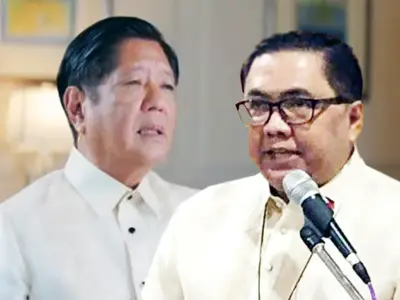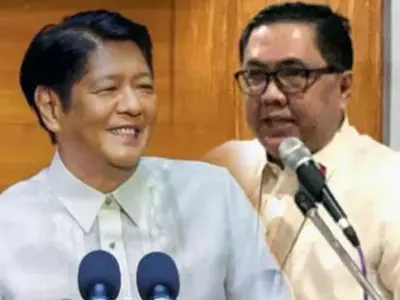
(Editorial)
THE recent push in the Senate to investigate former President Rodrigo Duterte’s actions during his term, coupled with the possibility of house arrest, has ignited a firestorm of debate across the Philippines.
For many, this is a long-awaited reckoning for a leader whose policies, particularly the “war on drugs,” left a trail of bloodshed and raised serious questions about human rights. For others, it’s a politically motivated attack on a figure who still commands significant support and is seen as a champion of the common people.
The crux of the matter lies in the balance between accountability and political stability. While the pursuit of justice is paramount, the potential for Duterte’s house arrest to further polarize the nation cannot be ignored.
His supporters view him as a strongman who delivered tangible results, and any attempt to curtail his freedom is likely to be met with fierce resistance. This raises concerns about potential unrest and the destabilizing effect it could have on the current administration.
Ultimately, the decision on Duterte’s fate will have far-reaching consequences for the Philippines. It will serve as a test of the country’s commitment to the rule of law and its ability to hold even the most powerful figures accountable.
However, it also requires careful consideration of the potential impact on social cohesion and political stability. The path forward must be one that prioritizes justice while minimizing the risk of further division and unrest.



